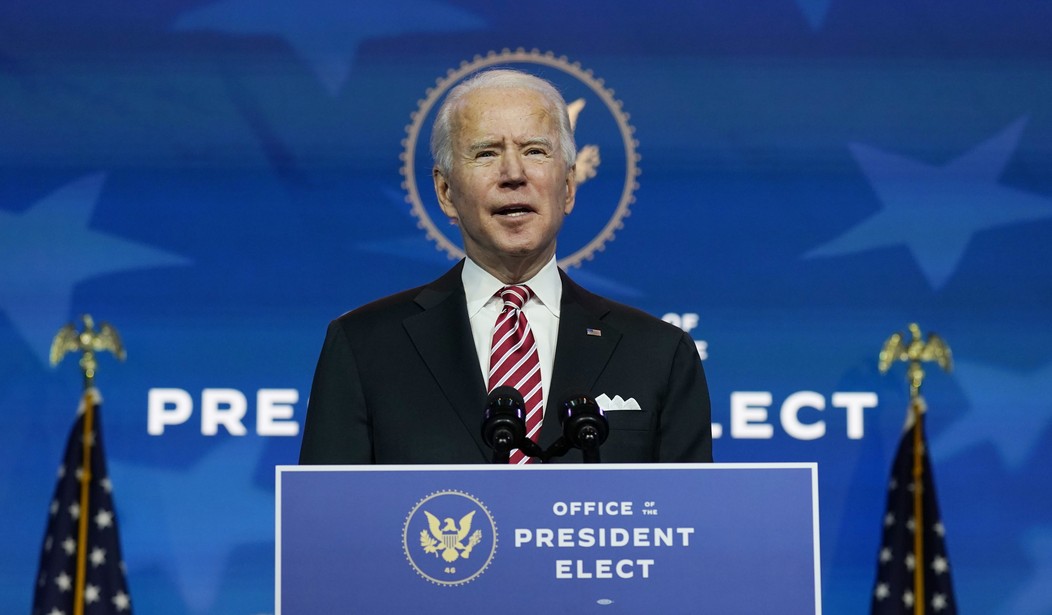With President-elect Joe Biden about to assume office, he will soon roll out his “clean energy” plan, aimed at reducing America’s dependence on fossil fuels.
But such a move will cause ripples beyond America’s borders. It will likely impact key developing countries that have become increasingly reliant on fossil fuel imports from the booming U.S. oil and gas industry.
Biden’s Clean Energy Plan
In December 2020, Joe Biden appointed his climate team, which included a person who served under the Obama administration.
Among the list of climate nominees and appointees is Gina McCarthy, who spearheaded the Obama administration’s Clean Power Plan, which mandated emission reduction in America’s power plants and set in motion the country’s alignment with the Paris Climate Agreement.
According to Biden’s official page, McCarthy will now serve as the first-ever National Climate Advisor at the newly envisioned White House Office of Domestic Climate Policy.
McCarthy currently serves as president and CEO of the Natural Resources Defense Council, an environmental lobbying group that is actively seeking to reduce methane emission from the oil and gas industry and limit the emission of carbon dioxide from power plants. Her appointment is a clear signal as to the direction the Biden administration is headed when it comes to the oil and gas sector.
Though Biden has not fully embraced the more radical calls for emission reductions—like the Green New Deal—his clean energy plan will still cause a disruption in the fossil fuel industry, including the booming natural gas industry.
Recommended
Risking US Energy Security and Ripples Beyond Borders
The disruptions could threaten America’s energy independence. The country’s emergence as the undisputed energy powerhouse during the last decade can be credited solely to the booming oil and gas industry.
And it's not only other nations that will be affected. Importers of U.S. oil and gas also benefited from fossil-friendly policy.
To the extent that Biden’s anti-fossil fuel stance prevails in actual policy, it will diminish domestic production and so reduce or eliminate America’s energy surplus and energy independence.
Despite his anti-fossil stance, Barack Obama actually aided the development of the U.S. natural gas industry. The Trump administration furthered the policy. Since 2005, the U.S import of fossil fuels has fallen dramatically.
The U.S. is the world’s biggest producer of oil (19.47 million barrels per day in 2019, which accounted for nearly a fifth of the global production). It has held the top spot for the past six years. In 2019, after 70 years as a net importer, the U.S. became a net exporter of petroleum.
Developing countries like India, where the fossil fuel demand is extremely high and 80 percent of oil consumption is met through imports, saw a significant increase in import of natural gas and oil from the U.S. In fact, India began reducing its imports from its traditional trade partners like Iran and preferred imports from the U.S. Over in the Americas, Mexico, Canada, and Colombia rely heavily on U.S. oil supply.
But all these are likely to change if Biden implements his Clean Energy Plans. If oil and gas production are disrupted, the U.S. will cease to be a net exporter and will likely increase its oil imports from the Middle East, Canada, and Mexico. Countries like India will then have to increase their dependency on oil from volatile markets like Iran, threatening global security that U.S. oil and gas supremacy would otherwise have ensured.
If Biden walks the talk on his promise to reduce domestic fossil fuel production, the U.S. will lose its energy independence, and developing countries like India and Mexico will lose reliable oil and gas supply from a free market economy like the United States.
























Join the conversation as a VIP Member